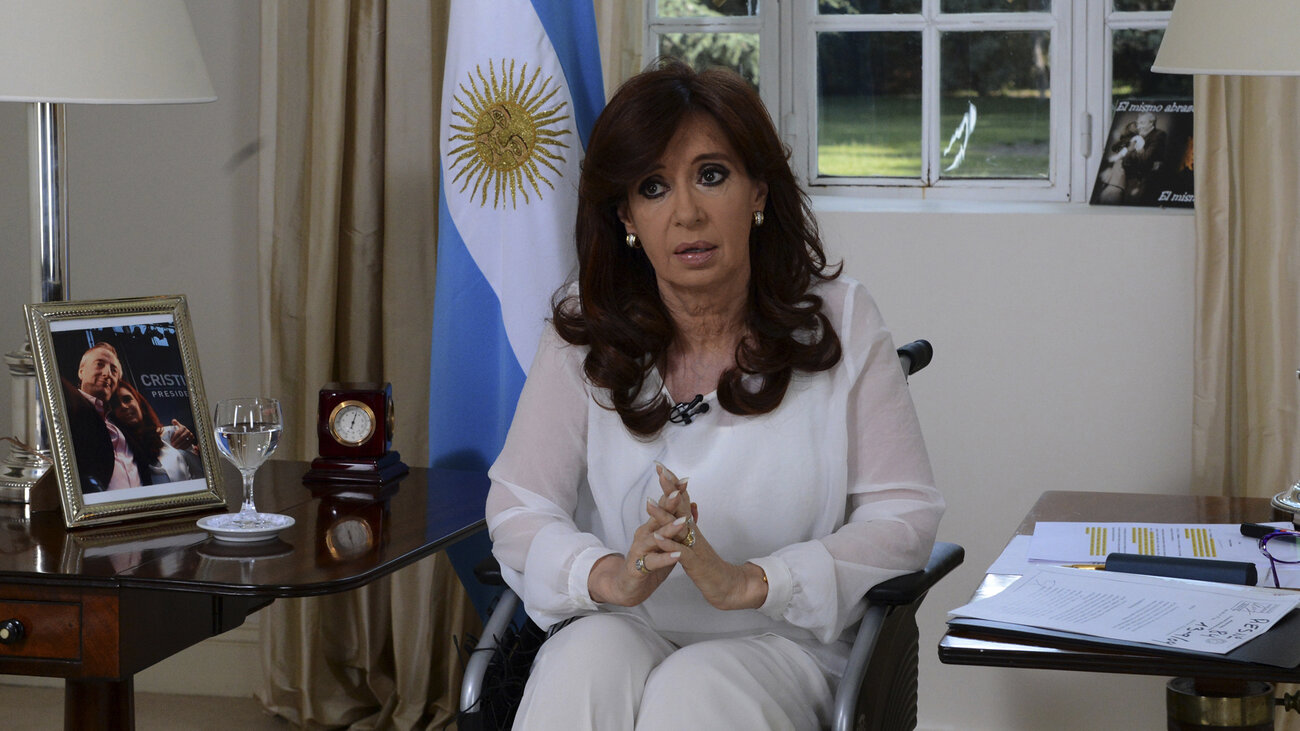By Delisa Morris
Impunity Watch Reporter, South America

BUENOS AIRES, Argentina — Argentina has come under fire in the press in the past few days with the suspicious murder of Prosecutor Alberto Nisman. Nisman was found dead from a gunshot wound to the head just hours before he was expected to come before Congress and charge President Cristina Fernandez de Kirchner of having illegal dealings with Iran.
His allegations, in part, accuse Fernandez and top officials with deep ties to labor unions, social movements, and attempting to strike a deal between 2011 and 2013 in which they would export food products to Iran in exchange for importing oil.
In exchange, the Kirchner government would attempt to remove eight Iranian suspects in the AMIA Jewish Community Center bombing from an Interpol arrest list.
The so-called “oil for food” deal never materialized, which Nisman attributed to Foreign Minister Hector Timerman’s inability to persuade Interpol to remove the Iranians from its list.
Mr. Timerman has responded to these allegations by calling them “baseless”, and states that Argentina has never imported oil from Iran as evidence to the fact. He claimed that: “We don’t have too much trade with Iran. In fact it was Iran who placed an embargo against Argentina because of the accusations about their role in the bombing … and that they lifted unilaterally in 2007. But our trade with Iran is very small”
Furthermore, Fernandez claimed that Argentina had never imported petroleum from Iran. Which is false. In another statement Fernandez noted that Argentina does not import crude oil from Iran, because they do not have the facilities to process it. Also a false statement.
While the trade data shows, that no “oil for food” agreement was ever reached, Iran and Argentina have a clear trading partnership. This comes at a time when Iran’s trading partners are few due to US sanctions against companies that choose to trade with the country. Iran is benefitting from Argentinian food and Argentina has proven their willingness to disregard US sanctions.
Also, Fernandez is calling for the dissolution of the intelligence agency after the Nisman’s death, stating that it’s time to reform the intelligence service, because the existing one “has not served the national interests.”
For now Nisman’s death will remain a mystery, but there are many conspiracy theories in the air.
For more information, please see:
Business Insider – All Of Argentina Is Questioning Its Relationship With Iran — Here’s What That Relationship Actually Is – 27 Jan. 2015
Bueno Aires Herald – Iran’s representative in Argentina Denies Parallel Diplomacy – 25 Jan. 2015
NPR – Argentina’s President Dissolves Intelligence Agency, Citing Prosecutor’s Death – 26 Jan. 2015
CNN – Argentina’s President pushes intelligence shakeup after Nisman scandal – 27 Jan. 2015



